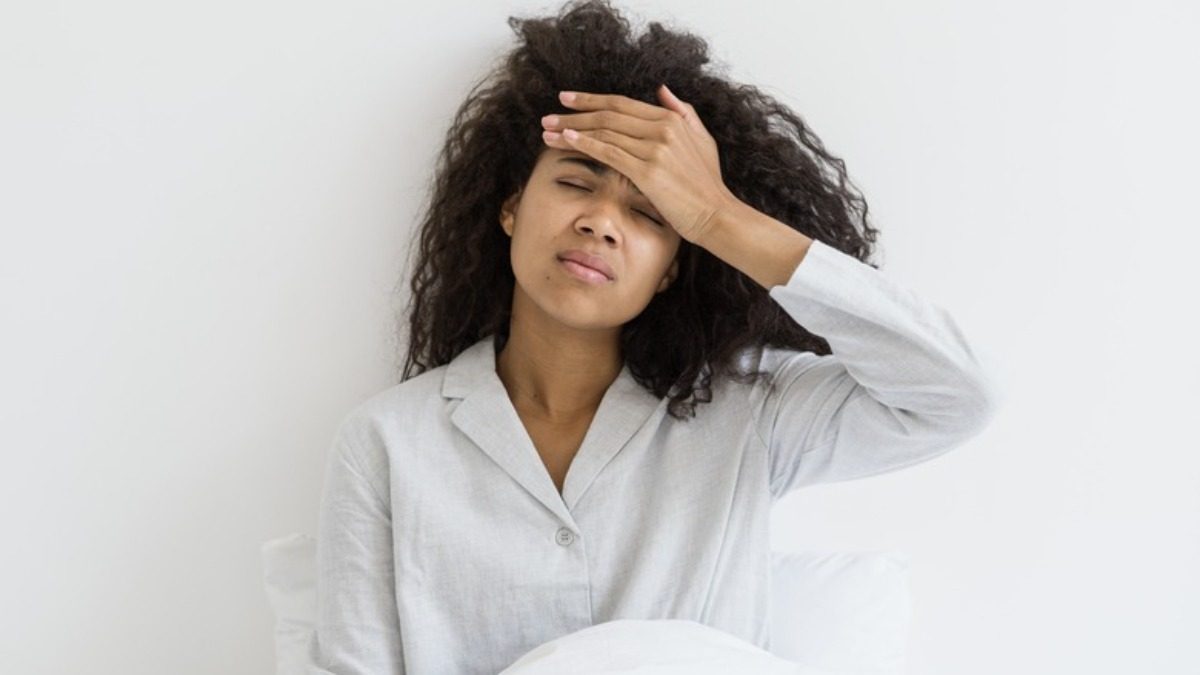Hangxiety, a term coined to describe the blend of a hangover and anxiety, is a common phenomenon experienced by individuals who have consumed alcohol. It typically manifests as feelings of unease, worry, and psychological distress in the aftermath of drinking. One of the most pressing questions for those experiencing hangxiety is: how long does it last? In this article, we’ll explore the duration of hangxiety and factors that may influence its duration.
The Duration of Hangxiety
Hangxiety is often characterized by its transient nature, with symptoms typically peaking within the first few hours after waking up following alcohol consumption. In most cases, hangxiety gradually subsides over the course of the day as the body metabolizes alcohol and the effects of intoxication wear off. For some individuals, hangxiety may resolve within a few hours, while for others, it may persist for the majority of the day.
Several factors can influence the duration and intensity of hangxiety, including:
- Amount of Alcohol Consumed: The quantity of alcohol consumed plays a significant role in determining the severity and duration of hangxiety. Individuals who consume larger quantities of alcohol are more likely to experience intense hangover symptoms, including hangxiety, that may persist for a longer period.
- Rate of Alcohol Metabolism: The rate at which the body metabolizes alcohol varies from person to person and can influence how quickly hangxiety resolves. Factors such as age, weight, metabolism, and liver function can all impact the rate at which alcohol is processed and eliminated from the body.
- Hydration and Nutrition: Hydration and nutrition play a crucial role in mitigating hangover symptoms, including hangxiety. Drinking plenty of water and consuming nourishing foods can help replenish lost fluids and nutrients, aiding in the body’s recovery process and promoting a quicker resolution of hangxiety.
- Sleep Quality: Poor sleep quality can exacerbate hangover symptoms and prolong hangxiety. Alcohol consumption disrupts sleep patterns and may lead to feelings of fatigue and irritability upon waking, which can contribute to the persistence of hangxiety throughout the day.
- Underlying Mental Health Conditions: Individuals with underlying anxiety disorders or mental health conditions may be more susceptible to experiencing prolonged hangxiety. Co-occurring mental health issues can amplify feelings of distress and exacerbate hangxiety symptoms, leading to a longer duration of discomfort.
Coping Strategies for Hangxiety
While hangxiety is typically temporary, it can be challenging to cope with in the moment. Implementing effective coping strategies can help alleviate symptoms and promote emotional well-being. Some strategies to consider include:
- Engaging in relaxation techniques, such as deep breathing or meditation, to promote a sense of calmness and reduce anxiety.
- Practicing self-care activities, such as taking a warm bath or spending time in nature, to promote relaxation and alleviate stress.
- Seeking support from friends, family members, or a mental health professional for guidance and encouragement.
- Avoiding alcohol and stimulants that may exacerbate hangxiety symptoms and prolong discomfort.
Hangxiety is a common and temporary phenomenon experienced by individuals who have consumed alcohol. While the duration of hangxiety varies from person to person and depends on several factors, it typically resolves within a day as the body metabolizes alcohol and the effects of intoxication wear off. By implementing effective coping strategies and prioritizing self-care, individuals can navigate hangxiety more effectively and promote their overall well-being. If hangxiety persists or becomes overwhelming, seeking support from a mental health professional is recommended to address underlying issues and develop healthy coping mechanisms.

